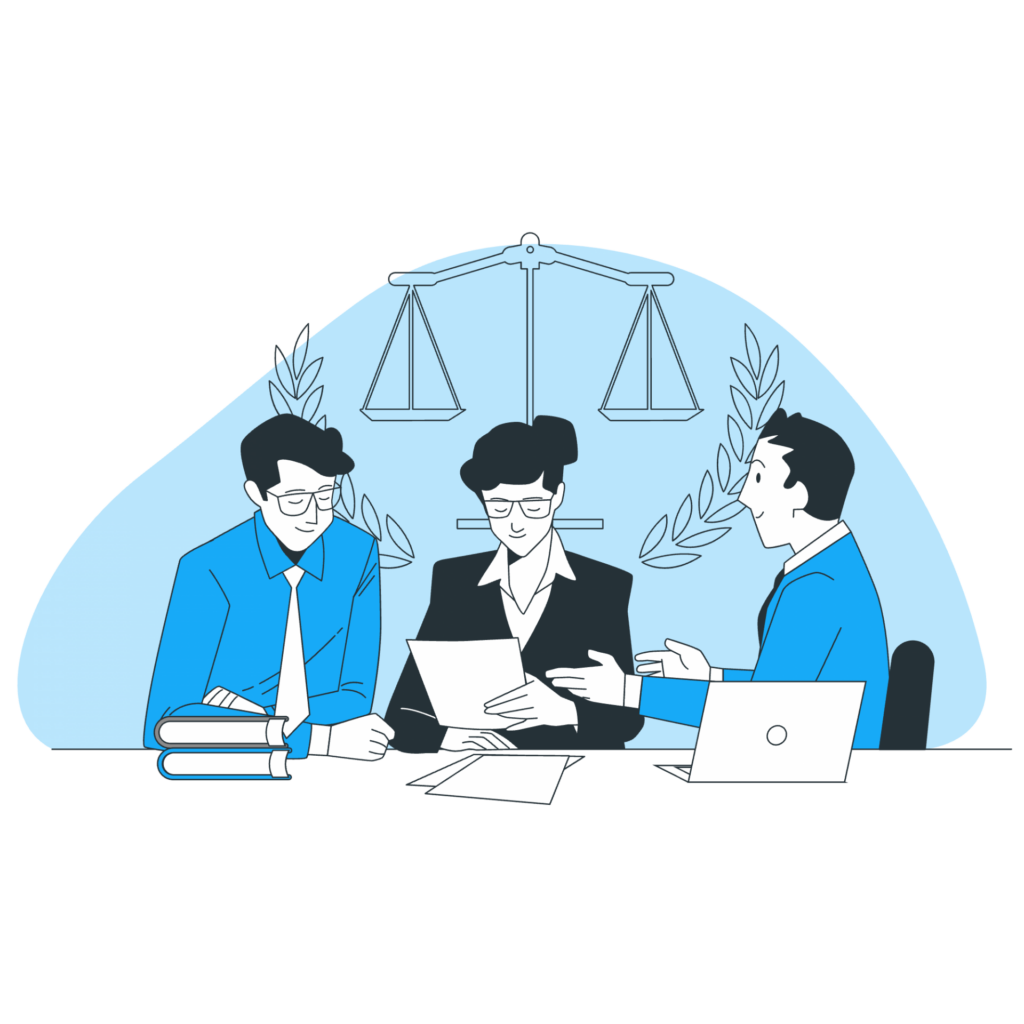The Legal Process: What To Expect After A DUI Arrest
A Driving Under the Influence (DUI) arrest can be a challenging experience, resulting in potential criminal charges, fines, or even imprisonment. However, comprehending the key stages and actions to take following an arrest can help mitigate consequences and ensure that legal rights are protected throughout the process.
This article aims to simplify these legal procedures, providing a sturdy foundation for an effective defense, should it be necessary. With knowledge on DUI cases, you’ll feel more empowered to confidently navigate the complex journey that lies ahead following a DUI arrest.
1. Arrest And Booking
The legal process begins with the arrest and booking. The law enforcement officer places the accused under arrest based on reasonable suspicion or proof of impaired driving.
The officer will then transport the accused to a local police station or jail for the booking process. This procedure includes taking the suspect’s personal information, conducting a physical search, confiscating personal belongings, and taking fingerprints and photographs.
During booking, the suspect might also be subject to chemical tests, such as breath, blood, or urine tests, to determine the level of alcohol or drugs in their system. The results of these tests can be instrumental in the prosecution’s case against the suspect. It’s crucial to note that refusal to take these tests might lead to immediate suspension of driving privileges and can be used as evidence in court.
This immediate suspension is often the first impact on the suspect’s driving privileges. To learn more about how to get license back after DUI, you can reach out to a reputable lawyer that can help you navigate the process.

2. Bail And Release
After the booking process, the suspect is typically held in custody until a bail hearing, where a judge determines if the accused can be released on bail. In some jurisdictions, bail may be set according to a predefined schedule, eliminating the need for a bail hearing.
If the accused cannot afford the bail, they may need to remain in custody until the arraignment. Alternatively, a bail bondsman could post bail on their behalf in exchange for a fee. It’s important to remember that bail conditions usually include prohibitions against further legal violations and may require participation in substance abuse programs.
3. Arraignment
The arraignment is the first court appearance for the DUI case. During the arraignment, the judge formally presents the charges to the accused. The defendant then enters a plea of guilty, not guilty, or no contest. A not guilty plea will lead to a trial, while a guilty or no contest plea will move the case directly to sentencing.
Excellent legal representation, like a Raleigh DWI attorney, is strongly recommended for the arraignment. A skilled attorney can review the evidence, negotiate with the prosecution, and offer advice on the best plea to enter. It’s also worth noting that some jurisdictions may allow for plea bargaining during the arraignment, potentially leading to lesser charges.
4. Trial
If the accused pleads not guilty during the arraignment, the case proceeds to trial. Here, the prosecution and defense present their cases before a judge or jury. The prosecution must prove the defendant’s guilt beyond a reasonable doubt, utilizing evidence such as the arresting officer’s testimony, results of chemical tests, and any field sobriety tests conducted.
On the other hand, the defense might question the validity of the evidence or the methods used to obtain it, introduce alternative explanations, or highlight inconsistencies in the prosecution’s case. If the defendant is found guilty, the court will schedule a sentencing hearing.
5. Sentencing
The sentencing follows a guilty plea or conviction at trial. The penalties for a DUI can vary based on the jurisdiction, the specifics of the case, and whether the defendant has prior DUI convictions. Penalties can include fines, probation, community service, mandatory alcohol education or treatment programs, installation of an ignition interlock device, and in some cases, imprisonment.
While the law often provides guidelines for sentencing, judges typically have some discretion in determining the exact punishment. Therefore, the defendant’s conduct during the process and their legal representation can significantly influence the severity of the sentence. Defendants also have the right to appeal their conviction, which must be done within a specified timeframe following sentencing.
6. Regaining Driving Privileges
Following a DUI conviction, the suspension of driving privileges is often a part of the imposed sentence. The duration of this suspension can differ significantly, depending on the jurisdiction, case details, and any previous DUI convictions.
In some situations, individuals may be granted a restricted license for essential travel during this period. However, the process for obtaining a restricted license is determined by specific local laws and regulations.
After the suspension period ends, individuals must fulfill specific requirements to fully reinstate their driving privileges. These requirements often include completing a court-ordered treatment or education program, paying a reinstatement fee, and providing proof of insurance. Importantly, driving with a suspended license can lead to further legal complications.
Conclusion
The journey through the legal process following a DUI arrest can be a complex one, with many intricacies and possible outcomes. The steps range from arrest and booking to the potential trial and sentencing, each with its own set of protocols and considerations.
An individual charged with DUI must understand this process and the potential implications at each stage to make informed decisions about their case and to ensure their rights are protected. Despite the severity and seriousness of DUI charges, being well-informed about the legal process can provide a certain level of preparedness and perhaps, an avenue towards a less severe outcome.
Author Bio:
Lila Torres is a legal consultant with extensive knowledge in criminal law. With years of experience, she guides individuals through the legal process after a DUI arrest. Lila’s passion for justice fuels her writing, as she aims to educate readers on their rights and potential outcomes. In her spare time, she enjoys painting, playing the piano, and exploring new hiking trails.